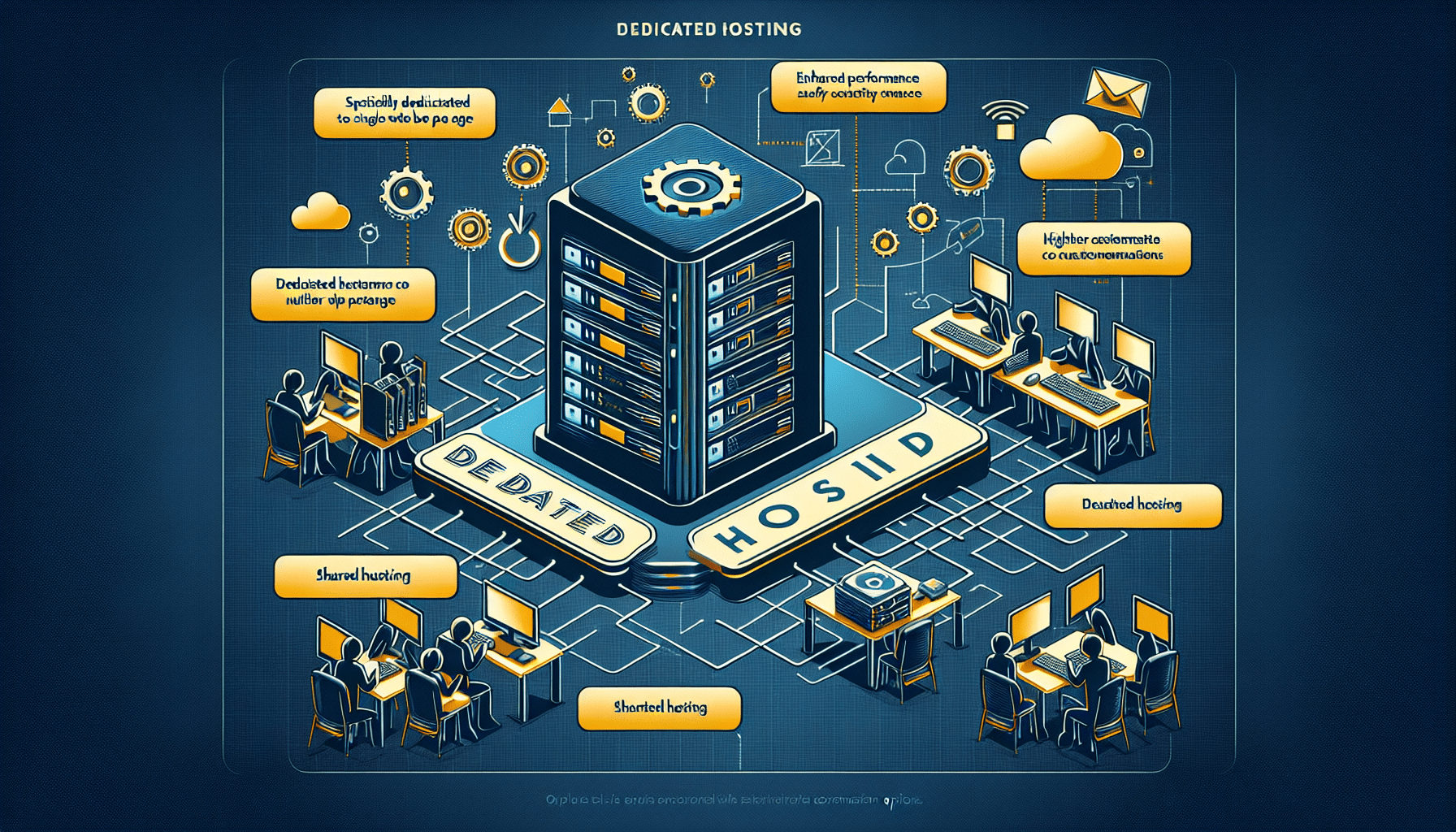Are you considering cloud hosting for your website or business? ## Cloud hosting offers many advantages and some drawbacks that you should be aware of before making a decision. In this article, we will take a closer look at the advantages and disadvantages of cloud hosting to help you make an informed choice.
Advantages of Cloud Hosting
Cloud hosting comes with numerous benefits that can make it an attractive option for many businesses. Here are some of the key advantages of cloud hosting:
-
Scalability: One of the biggest advantages of cloud hosting is its scalability. With cloud hosting, you can easily scale your resources up or down based on your needs. This means you can quickly adjust your server resources to handle increased traffic or data processing requirements without any downtime.
-
Cost-Effective: Cloud hosting is generally more cost-effective than traditional hosting solutions. With cloud hosting, you only pay for the resources you use, making it a more affordable option for many businesses. Additionally, cloud hosting providers often offer pay-as-you-go pricing, allowing you to only pay for what you need.
-
Reliability: Cloud hosting offers high levels of reliability and uptime. Cloud hosting providers typically have multiple servers spread across different locations, which means that if one server goes down, your website or application can easily be shifted to another server to ensure uninterrupted service.
-
Security: Cloud hosting providers invest heavily in security measures to protect their infrastructure and customer data. With features like firewalls, encryption, and regular security audits, cloud hosting can provide a secure environment for your website or application.
-
Flexibility: Cloud hosting offers a high degree of flexibility, allowing you to customize your server configuration to meet your specific requirements. This flexibility can be particularly beneficial for businesses with specialized hosting needs.

Disadvantages of Cloud Hosting
While cloud hosting has many advantages, there are also some drawbacks to consider. Here are some of the disadvantages of cloud hosting:
-
Downtime: While cloud hosting is generally reliable, downtime can still occur. Issues such as hardware failures, network outages, or software bugs can all lead to downtime, which can have a significant impact on your business.
-
Security Concerns: Despite the security measures taken by cloud hosting providers, security breaches can still occur. Data breaches, hacking attempts, or insider threats are all potential risks that businesses need to be aware of when using cloud hosting.
-
Limited Control: With cloud hosting, you have less control over the underlying infrastructure compared to dedicated servers. This can be a disadvantage for businesses with specific regulatory requirements or customization needs.
-
Costs: While cloud hosting can be cost-effective for many businesses, it can also be expensive for high-traffic websites or applications. Bandwidth costs, data transfer fees, and additional services can all add up, making cloud hosting more costly than traditional hosting solutions in some cases.
-
Dependency on Internet Connectivity: Cloud hosting relies on an internet connection to access your resources. If your internet connection goes down, you may not be able to access your server or data, which can be a significant disadvantage for businesses that require constant access to their resources.

Comparing Cloud Hosting to Other Hosting Options
To further understand the advantages and disadvantages of cloud hosting, let’s compare it to other hosting options like shared hosting, VPS hosting, and dedicated hosting:
Shared Hosting
Shared hosting is a hosting solution where multiple websites share the same server resources. While shared hosting is often the most affordable option, it comes with limitations in terms of scalability, performance, and security. With shared hosting, your website’s performance can be affected by other websites on the same server, and you have limited control over server configuration.
VPS Hosting
VPS (Virtual Private Server) hosting offers a middle ground between shared hosting and dedicated hosting. With VPS hosting, you have dedicated resources on a virtual server, giving you more control and flexibility compared to shared hosting. While VPS hosting can be more expensive than shared hosting, it offers better performance, security, and scalability.
Dedicated Hosting
Dedicated hosting gives you full control over a physical server dedicated solely to your website or application. Dedicated hosting offers the highest levels of performance, security, and customization options but comes at a higher cost compared to other hosting options. With dedicated hosting, you have complete control over server configuration and can customize it to meet your specific needs.

Conclusion
In conclusion, cloud hosting offers many benefits such as scalability, cost-effectiveness, reliability, security, and flexibility. However, there are also drawbacks to consider, including downtime, security concerns, limited control, costs, and dependency on internet connectivity. When choosing a hosting solution for your website or business, it’s essential to weigh the advantages and disadvantages of cloud hosting against other hosting options to find the best fit for your needs. By understanding the pros and cons of cloud hosting, you can make an informed decision that aligns with your business goals and requirements.










